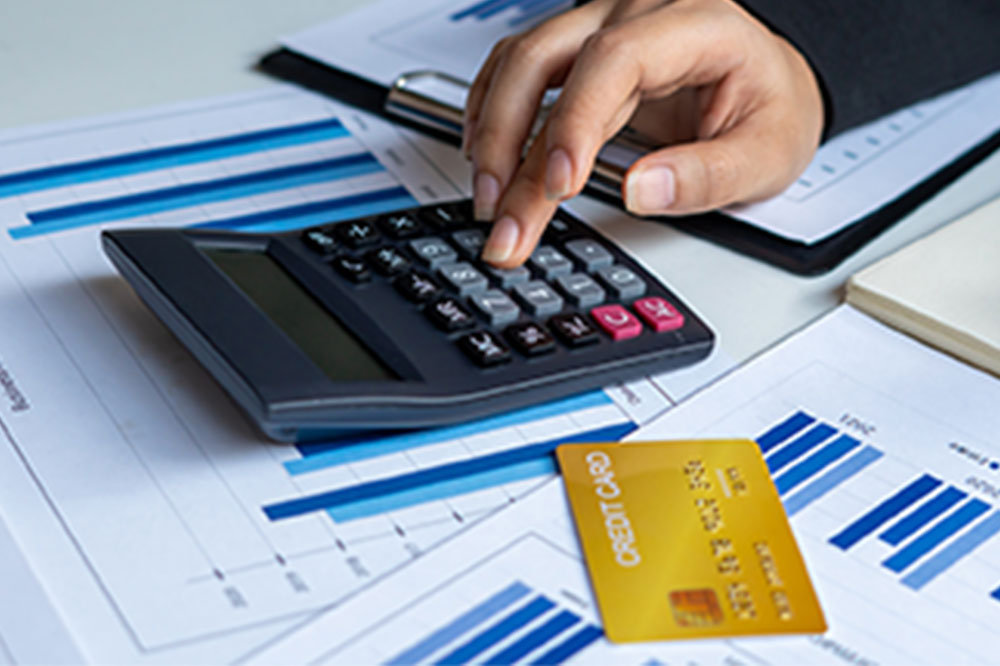4 useful tips to avoid credit card debt
A credit card is a powerful financial too l if used in the right way. It can be an extremely rewarding, convenient, and reliable choice for managing finance. Many individuals spend more than they earn which leads to an enormous credit card debt that can be difficult to manage. But there is a way to stay out of the situation. Find below some useful tips that’ll help avoid credit card debt.

Plan your budget
An open line of credit is a tempting option to spend more. But this is a sure-shot way to gain bad debts. Hence, it is important to plan your budget. Understand how much you earn, spend and save each month. Most people underestimate how much money they spend monthly, compromising their financial situation. A budget plan helps in the management of financial commitments. Mark the areas that need some changes in your daily or monthly spending cycle. Check your priorities. After trimming unnecessary costs, allocate some portion of the money to a savings account. According to experts, one should have a minimum of three to six months of net income saved aside for emergencies, so you don’t fall into credit card debt.
Complete payment of credit card bills
Always pay the entire credit card bill amount in full when you can. In this way, you will prevent the buildup of interest charged on the amount. If you do not pay your monthly credit card expenses, it will attract late payment interest. If you are having difficulty paying the bill, consider applying for a zero percent balance transfer card to avoid additional interest on previous debt. However, a good credit score is required to qualify for it. One should pay the minimum amount required for a credit card bill since any amount helps avoid late payment fees. If you cannot pay the minimum amount, talk to your lenders and ask if they are offering a credit card payment holiday. You can also call free debt charities like StepChange, Citizens Advice, and National Debtline for additional help.
Prioritise your debts
Start a debt rescue plan instead of delaying credit card bill payment. If you have multiple credit card bills left to pay, make a list of your debts with the amount of interest you owe. This will help in prioritising the most important debts and start paying them off. However, certain bills like council tax, rent, mortgage, or utility bills need to be paid off before since they are essential services. Also, if you own multiple credit cards, ensure you reduce the number for financial stability. Lesser, the better. This will limit impulsive spending habits. It is better to have one credit card than multiple ones, as you will be able to pay off debts on time. This move will also improve your credit score.
Reduce your debt-to-credit ratio
Also known as credit utilisation rate, this ratio represents how much credit you spend to the total available credit limit. Maintaining a low debt-to-credit ratio is important to stay out of debt. Avoid maxing out your credit cards since this reduces the flexibility of the cash flow and attracts interest quickly. This also harms the credit score since lenders prefer a credit utilisation rate of less than 30 percent. A good credit score individual often gets offered a low APR on their credit line, making it easier to clear any debts.